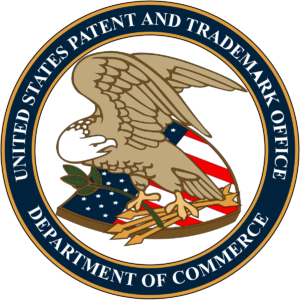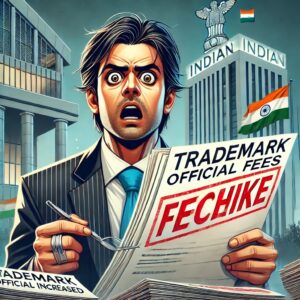US Trademark will get costlier by 140% in January 2025
The United States Patent and Trademark Office (USPTO) has announced a series of proposed fee increases for trademark filings and maintenance, expected to take effect in late 2024 and 2025. These changes aim to cover rising operational costs, fund technological improvements, and maintain the integrity of the trademark register by discouraging overly broad filings. Source: https://www.federalregister.gov/documents/2024/11/18/2024-26644/setting-and-adjusting-trademark-fees-during-fiscal-year-2025. Key Changes: Trademark Application Fees: The standard filing fee will remain $350 per class, but additional costs will be imposed for customized descriptions of goods/services. For instance, using non-standard descriptions will incur an extra $200 per class. Applications with descriptions exceeding 1,000 characters or insufficient detail will also face surcharges. Intent-to-Use Applications: Filing Amendments to Allege Use (AAU) and Statements of Use (SOU) will...






